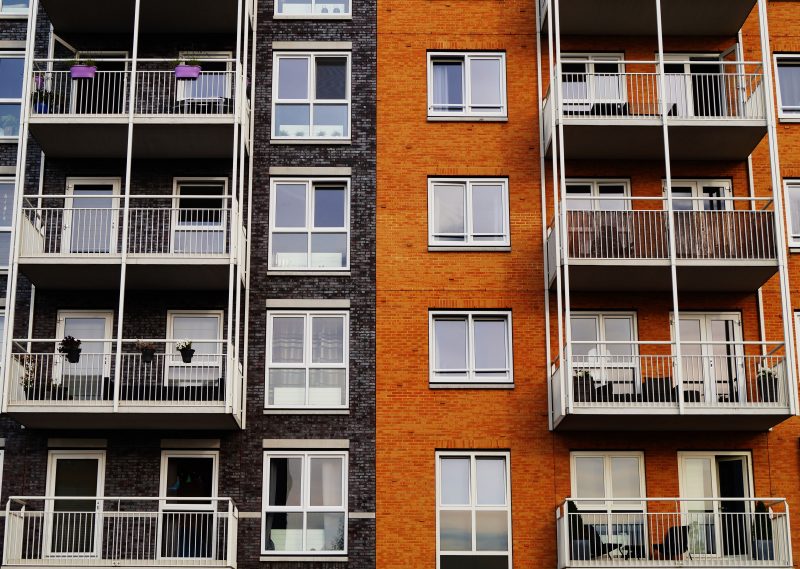Private rental prices paid by UK tenants rose by 4.8% in the 12 months leading up to April 2023. So, let’s have a look at what you can do if your landlord increases your rent…
Check Your Tenancy Agreement
If you’re unhappy with a rent increase, you should always start by checking your tenancy agreement. There are certain rules that your landlord must follow when increasing your rent, and what they are depends on your agreement with them.
Most tenants are on an assured shorthold tenancy. These can be fixed term, such as for a 6 or 12 month period; or they can be periodic, where they roll week-to-week or month-to-month.
If you’re on a fixed shorthold tenancy agreement, your landlord is not allowed to increase your rent during the term, unless your contract contains a rent review clause.
However, this still means that you could face rent increases every year, or every 6 months, as the landlord is within their rights to increase the rent after the fixed term is up, at which point it is your choice whether to sign a new fixed term contract or not.
If your landlord wants to increase your rent and you have an assured shorthold tenancy or assured tenancy, they must supply you with a Section 13 notice under the Housing Act 1988 (unless you have a rent review clause). This acts as a formal notice of the rent increase.
If you do have a rent review clause, it should establish when an increase can happen, how much notice you’re entitled to and how the increase will be calculated.
Attempt Negotiation
If you think that the proposed increase in your rent is unfair, it’s worth trying to negotiate with your landlord to see if you can reach an agreement.
You could do this by explaining your financial situation to them. This is particularly true if you pay for your rent with local housing allowance (LHA). LHA only covers rent below the LHA rate; you are given your rent amount or the amount of the LHA rate, whichever is lowest. The LHA rates are currently frozen, so if your rent rises above this rate, you won’t be covered for its full amount.
Perhaps you can reach a compromise with your landlord, by showing a willingness to pay increased rent, just not at the rate they have proposed.
Tribunal
If you cannot come to an agreement with your landlord about an increase in rent, you can challenge it and get a tribunal to decide whether the rent increase is fair. For example, the increase may be unfair if the landlord has neglected necessary repair work to the property.
Click here if you want to find more about the application process, download a form, or find out where to send the completed form to.
After sending off your application, it’s a good idea to get prepared by collecting evidence to support your stance that the rent increase is unfair. The tribunal will write to you asking for you to send them this information at some point, so it’s good to have it ready when they do.
The tribunal will send you a letter confirming they have received your application. If you don’t receive this within 7 days, you should ring the tribunal office. You can find the contact details for each area here.
It can take up to 10 weeks for a tribunal to reach a decision on your case. If they decide that the rent should be increased, you will have to pay this increased rent from the time of which the landlord informed you it would rise on the Section 13 notice. Therefore, it’s a good idea for you to assume the rent will increase and save for this to ensure that any backdated payments don’t leave you struggling for money.
Don’t Stop Paying Your Rent!
You should always make sure to continue your current rent payments (the rent amount before the proposed increase). You should do this even if you are challenging the increase, as if you fail to keep up payments you will end up in rent arrears and even risk eviction.
